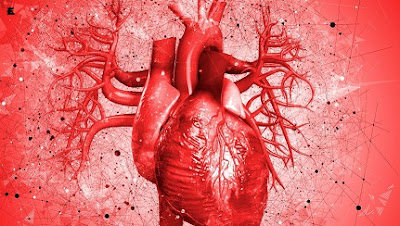MELBOURNE: A study on cardiovascular problems has identified five childhood risk factors for future strokes and heart attacks.
The International Childhood Cardiovascular Consortium and Australia's Murdoch Children's Research Institute conducted a nearly 50-year study of 38,000 people between the ages of three and 19 from Australia, the United States and Finland.
The nearly half-century-long study found that body mass index, blood pressure, cholesterol, triglycerides (a type of fat in the blood) and smoking during adolescence were associated with heart disease.

Professor Terrence Dwyer, senior author of the study, said that while medical and surgical care may be effective in treating heart disease, the effectiveness of the study will depend on effective preventive measures.
Researchers knew the potential benefits to human health in the end could be substantial, he
said.
He added that such long-term studies face difficulties due to the lack of detailed data on childhood body measurements, blood pressure and blood lipids, and to assess the age at which heart disease becomes common. Failure happens. But researchers challenged it because they knew it was ultimately too serious for human health.
This research, published in the New England Journal of Medicine, confirms that these five symptoms should be avoided in childhood to prevent the occurrence of fatal and non-fatal heart diseases.


